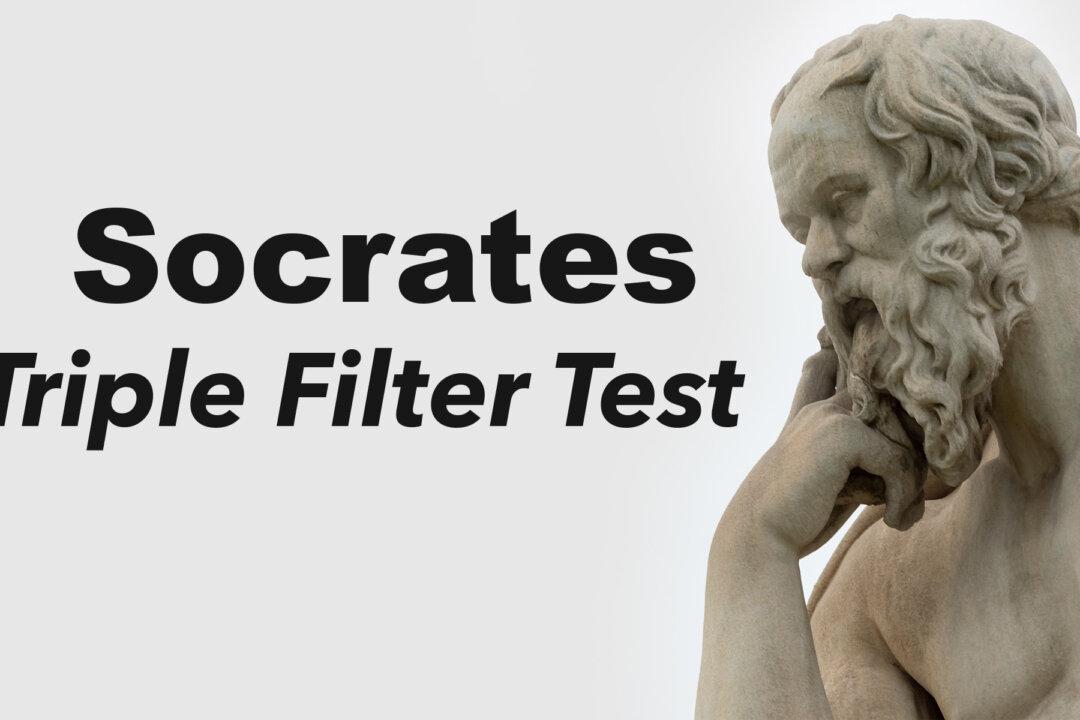In the electronic age of mass information sharing, almost anything we want to know is available to us at the touch of a button. Unfortunately, so are a lot of false claims and misinformation.
However, there is an ancient methodology for filtering out rumors that has experienced a resurgence in recent years. The Triple Filter Test is a simple three-step method for working out whether any new information is really worthy of being passed on.





